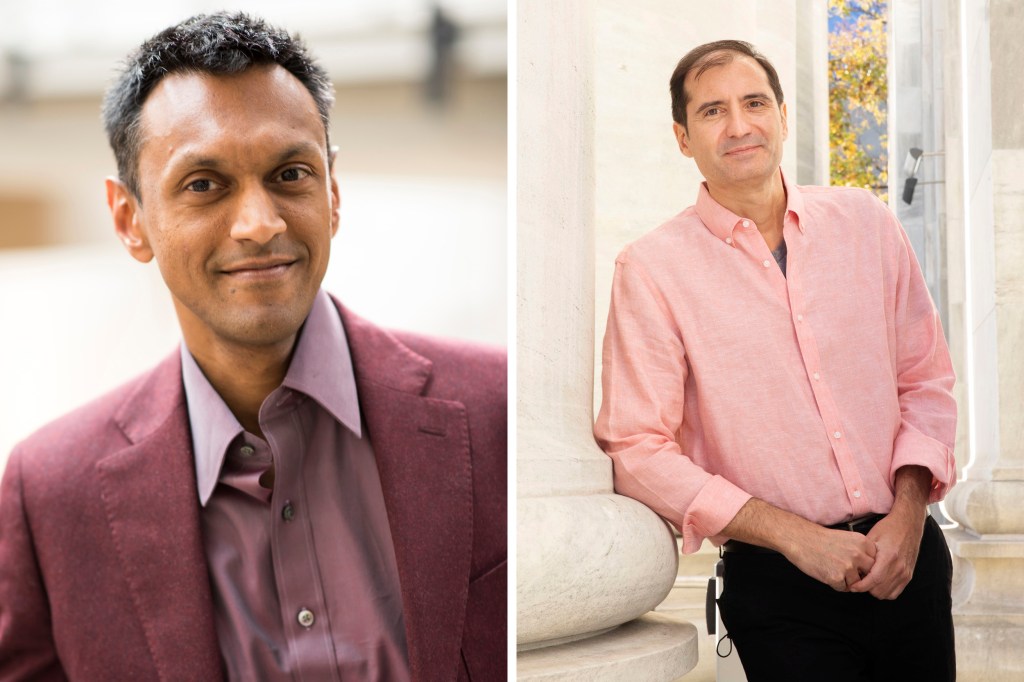Science & Tech
-

Mounting case against notion that boys are born better at math
Elizabeth Spelke studies French testing data, finds no gender gap until instruction begins

-

Highly sensitive science
David Ginty probes pleasure and pain to shed light on autism and other conditions
Part of the Profiles of Progress series -

Can AI be as irrational as we are? (Or even more so?)
Psychologists found OpenAI’s GPT-4o showing humanlike patterns of cognitive dissonance, sensitivity to free choice

-
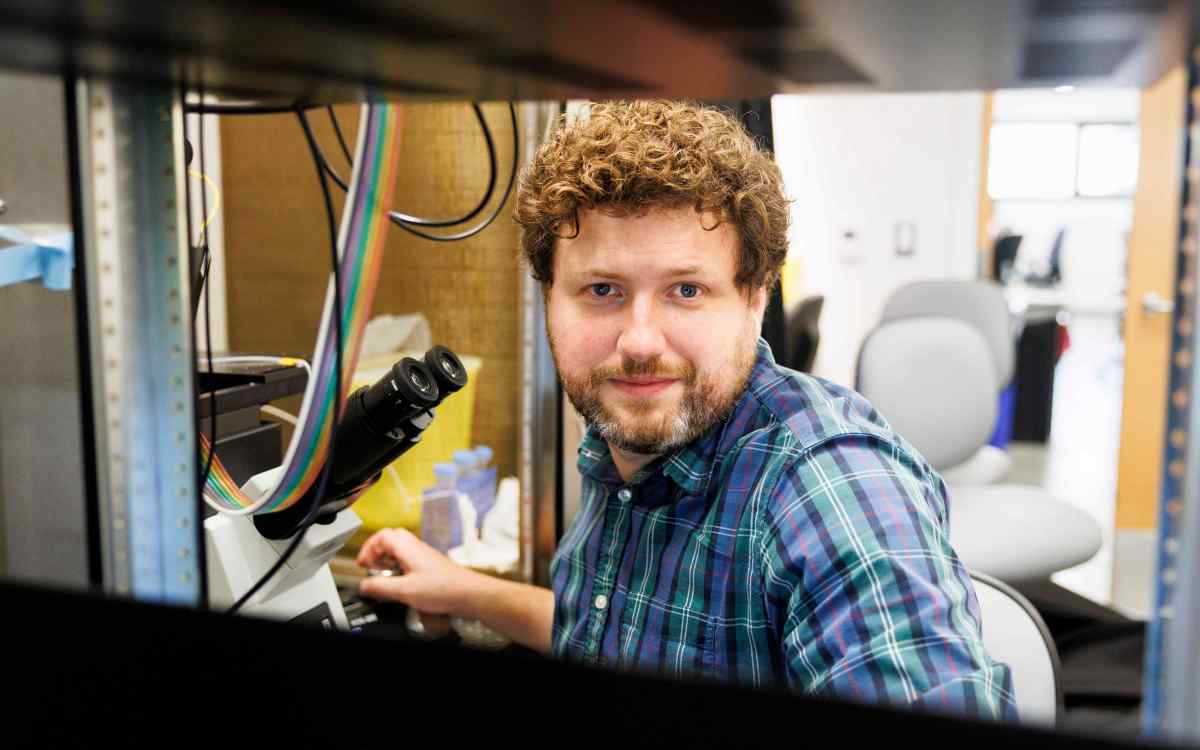
Stealing a ‘superpower’
Study finds some sea slugs consume algae, incorporate photosynthetic parts into their own bodies to keep producing nutrients

-

Reading skills — and struggles — manifest earlier than thought
New finding underscores need to intervene before kids start school, say researchers

-

Shining light on scientific superstar
Vera Rubin, whose dark-matter discoveries changed astronomy and physics, gets her due with namesake observatory, commemorative quarter
-
Unlocking potential of quantum technologies
Chemical biology professor works to crack secrets of new states of matter.
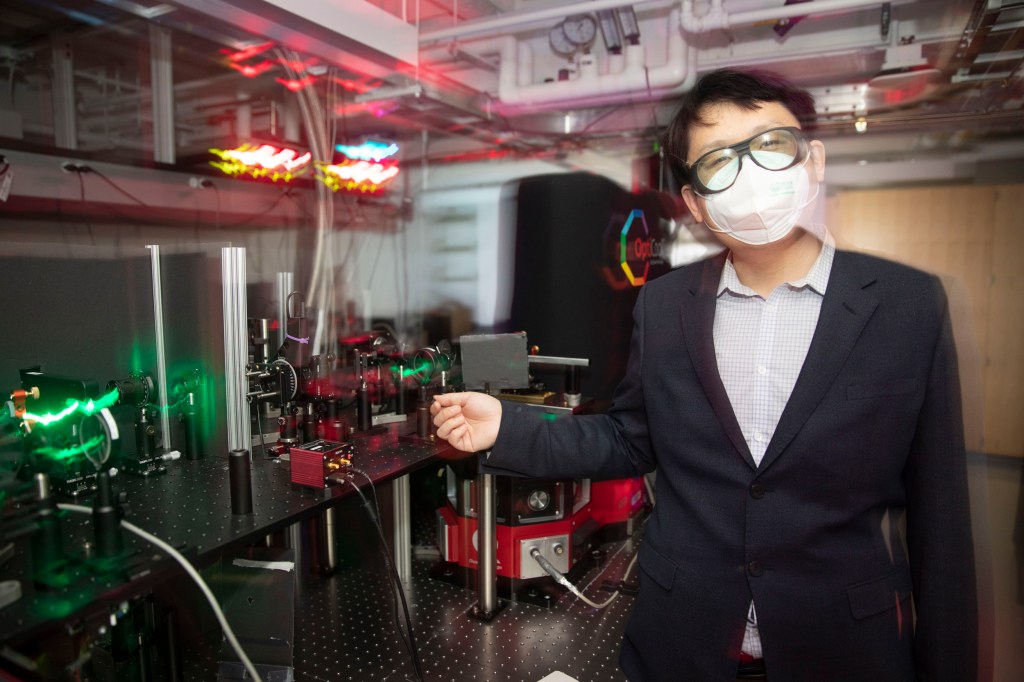
-
Yes, cat is both dead, alive
Jacob Barandes’ new class combines philosophy and physics to look at quantum theory.
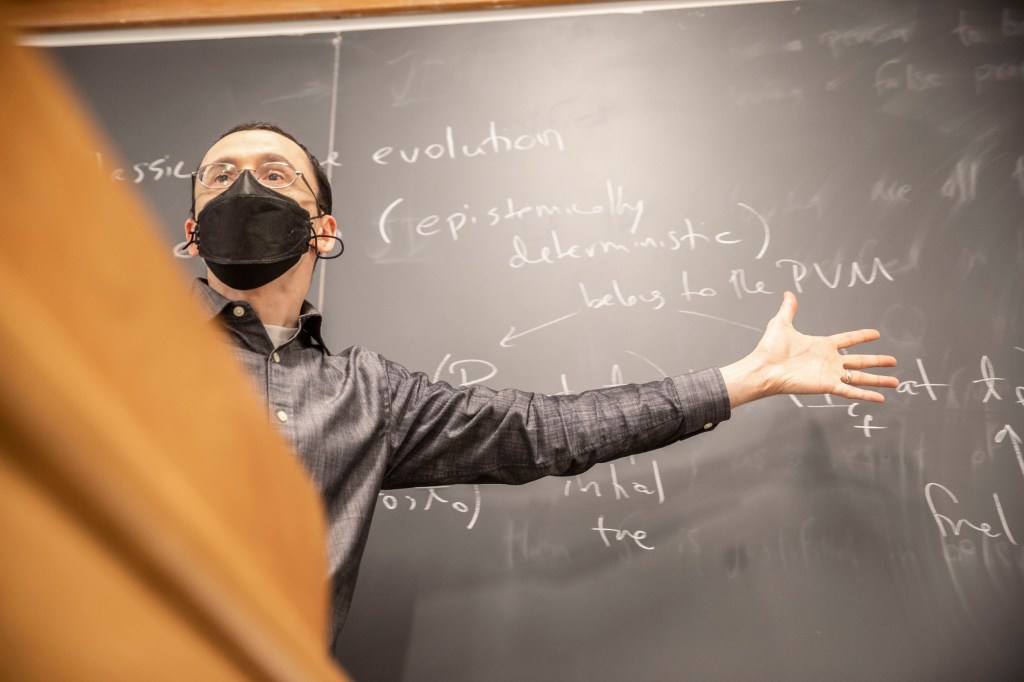
-
Oh, if I could talk to the aliens
Harvard astrophysicist and psychologist explore the possibility of life beyond our solar system and what to do should aliens arrive on Earth ready to engage.
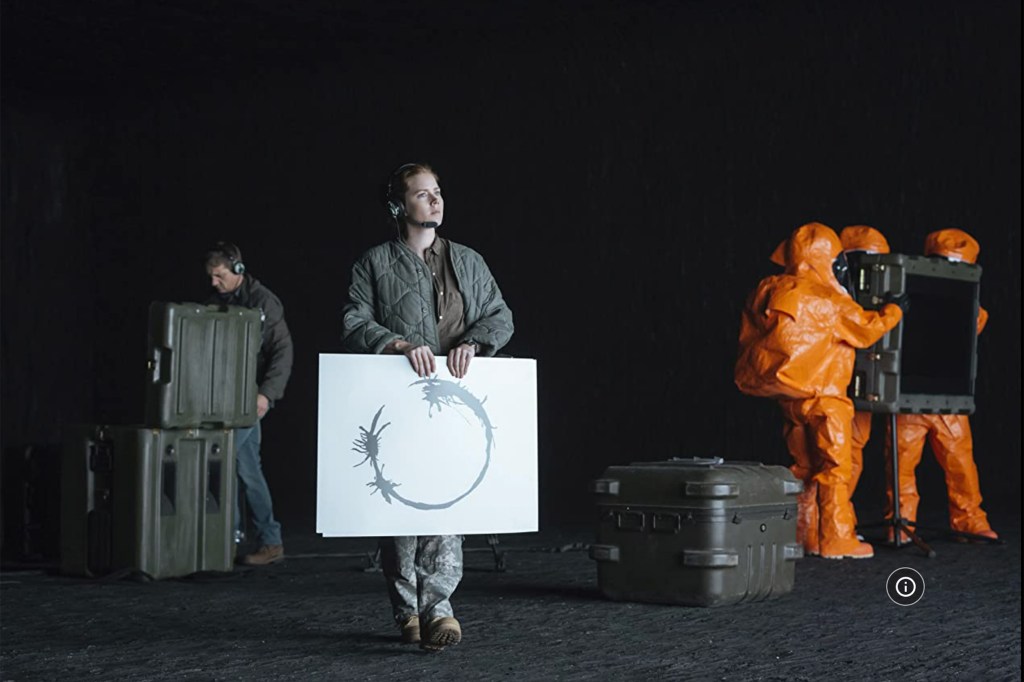
-
With a tip of hat to Stephen Jay Gould
Research done at Harvard unveils only the second “weird wonder” fossilized Opabinia, first popularized by the late evolutionary biologist.
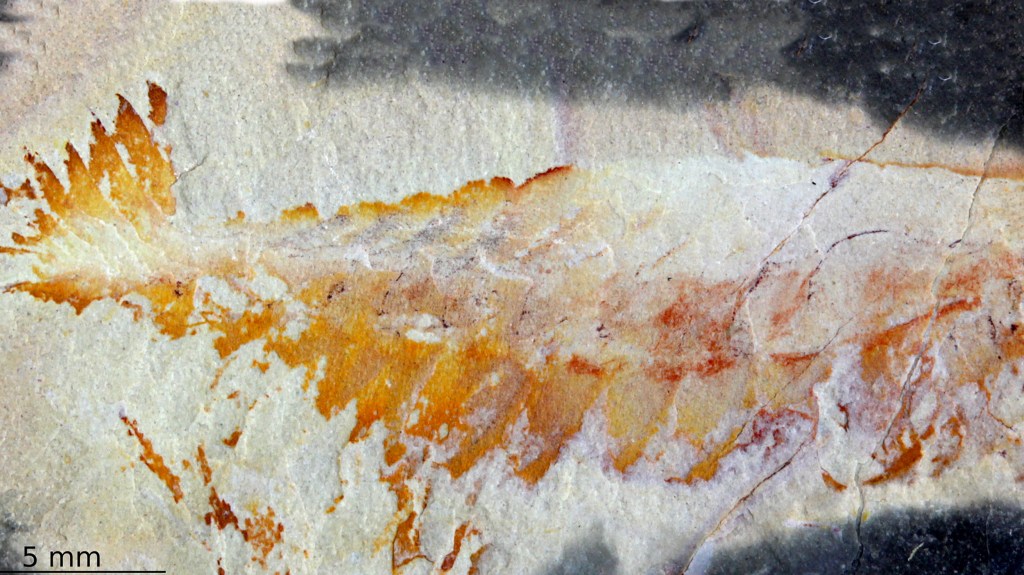
-
Those birds that crashed and died? It wasn’t fumes.
After internet theorists react to viral video, Harvard researchers answer with science.

-
Tech on a plate
Larissa Zimberoff, author of “Technically Food,” examined new ways of producing what we eat and drink in a discussion sponsored by the Food Literacy Project at Harvard.
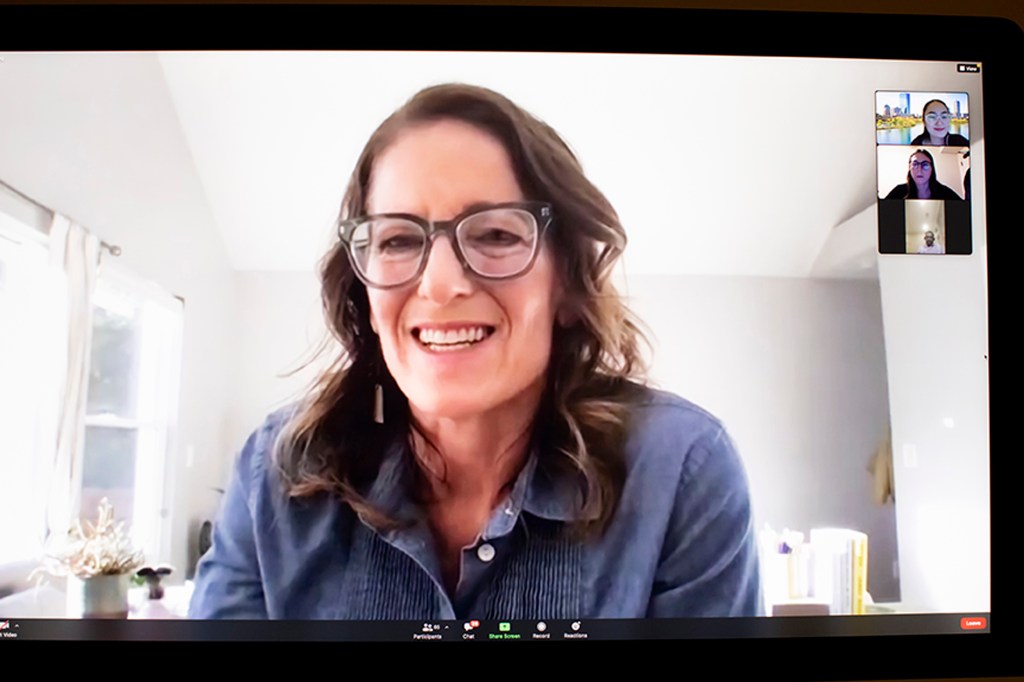
-
Does your dog care if you die?
Any owner would say yes. Here’s what the science says.

-
Was Facebook the original social network? Not by a long shot
New research produces earliest DNA from Sub-Saharan Africa and a more complete look at ancient peoples.
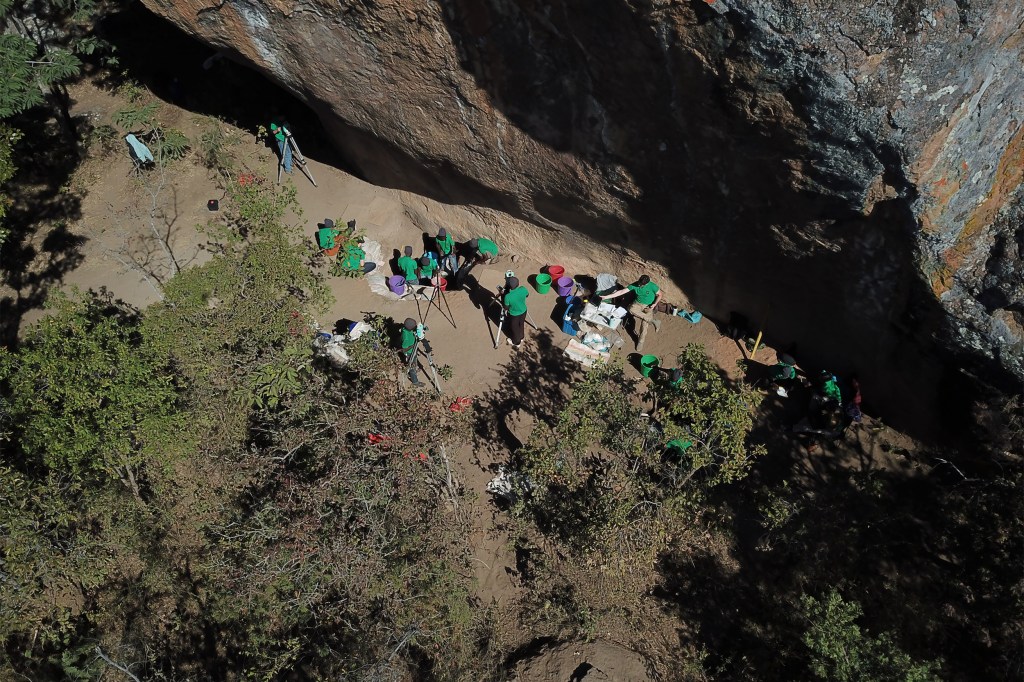
-
New Faculty: Gabriella Coleman
Anthropology Professor Gabriella Coleman studies the rich, deep world of hackers.
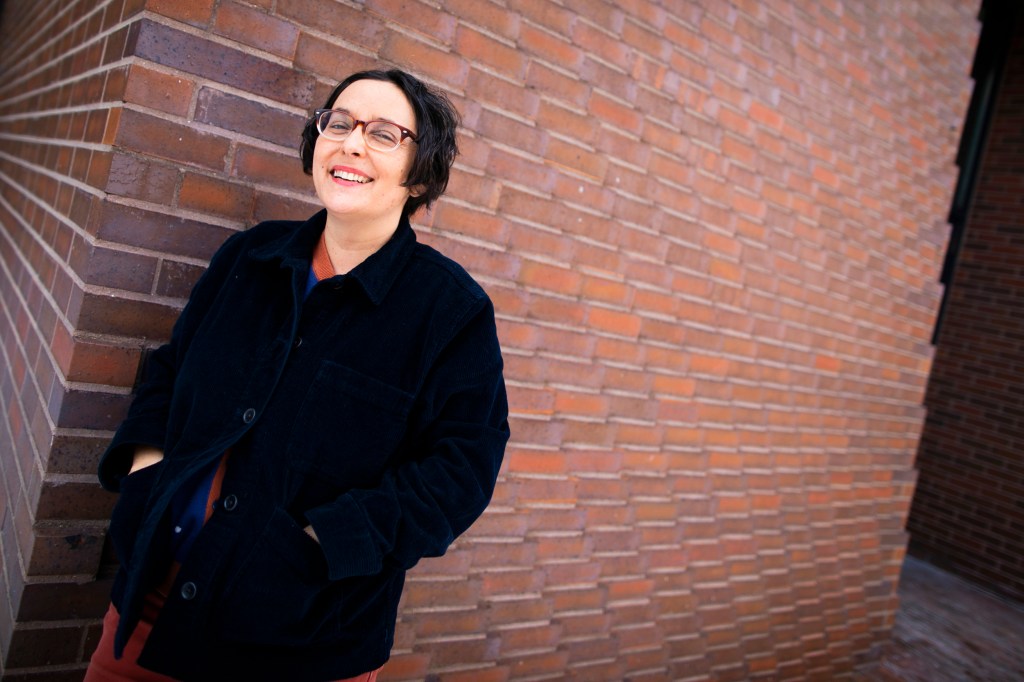
-
Drug delivery system offers hope for treating genetic diseases
A team of researchers has developed a new drug delivery system that was able to edit genes associated with high cholesterol and to partially restore vision in mice.
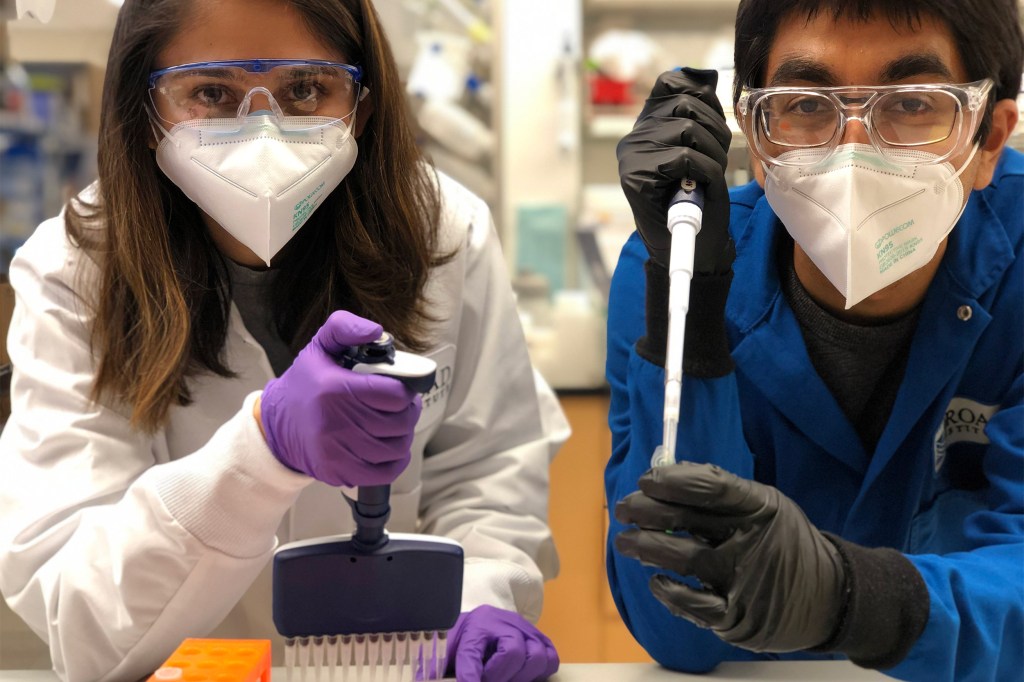
-
When babies see people swap spit, they know what’s what
Infants deduce that people are in a close relationship if they witness interactions like kissing and taking bites of each other’s food.
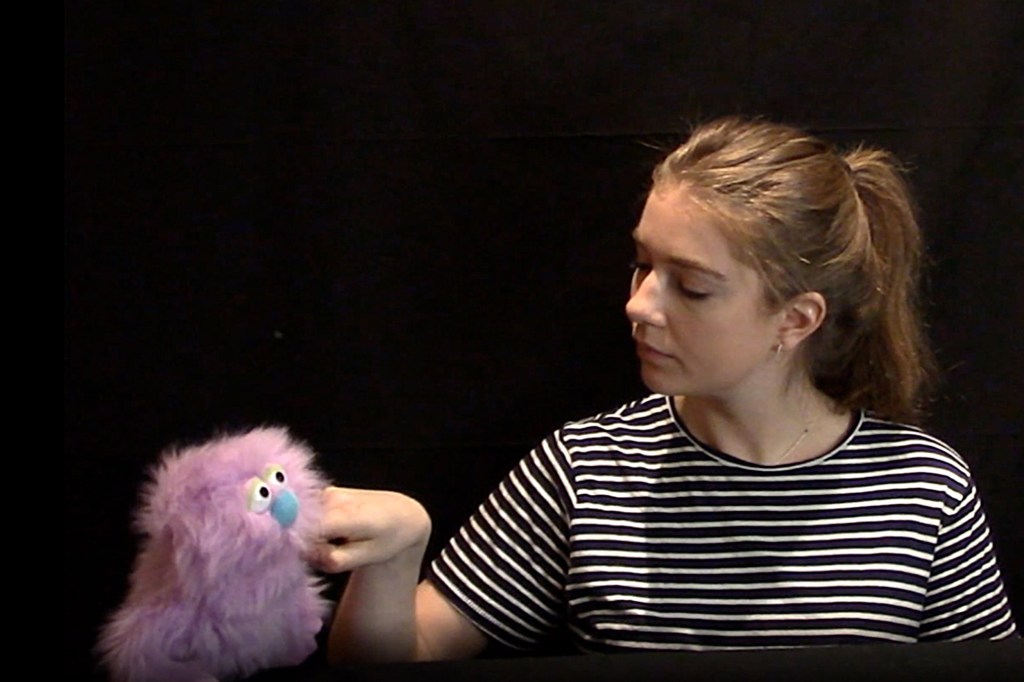
-
The ‘platypus’ of crabs
A crab that swam the seas 95 million years ago was believed to be an active predator with sharp vision as opposed to today’s bottom-dwellers with limited vision.
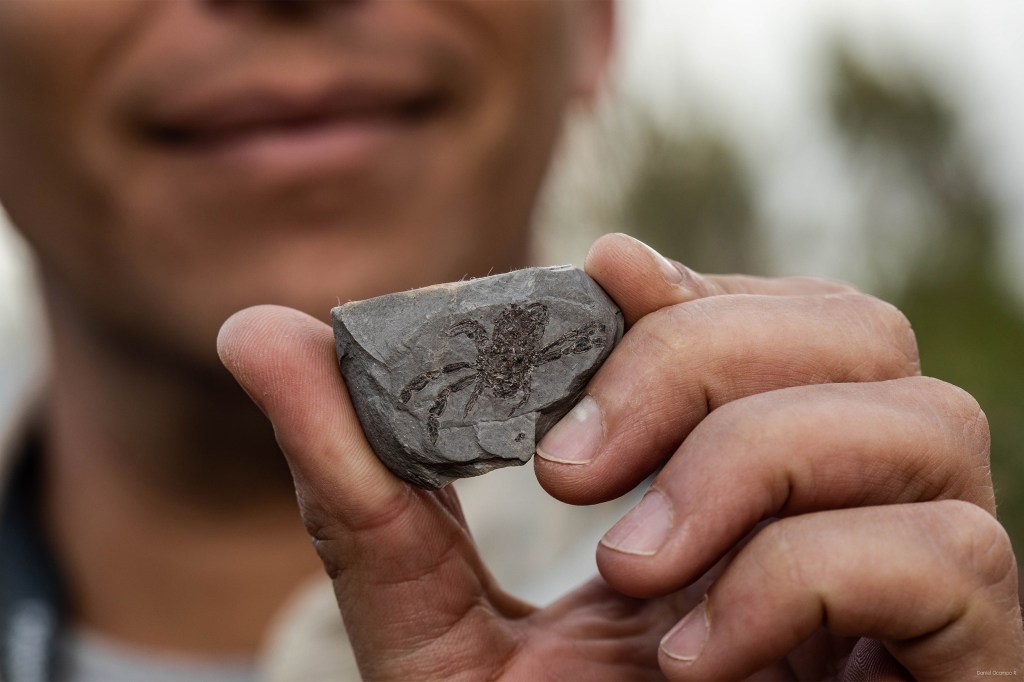
-
Reminders from Hollywood on memory, amnesia, personality
Psychology, philosophy scholars mine psycho-thriller “Memento” for its lessons on function of recall, how it shapes who we are.

-
Should married couples live apart?
Separate takes from husband-and-wife psychiatrists on distance, drift, and how to stay connected

-
Logic or emotion: Which is more valuable?
Neither thinking nor feeling is superior, according to Leonard Mlodinow’s new book, which argues that the two are inextricably linked.
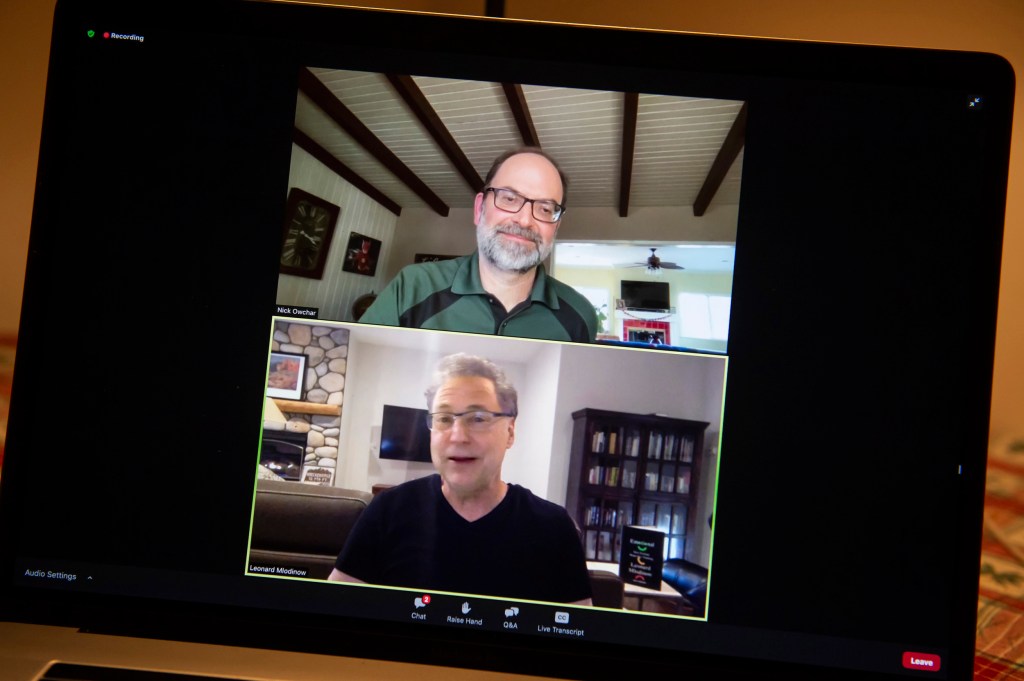
-
Back in days of great floods
Harvard researcher explains how overflowing rivers billions of years ago helped shape what Mars looks like today.
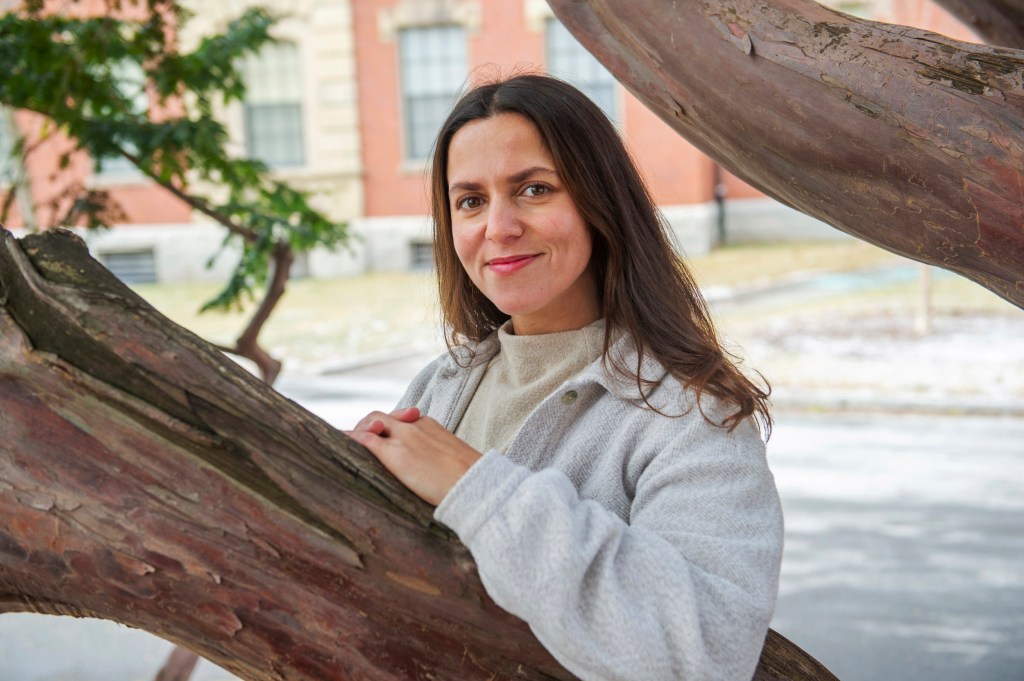
-
What it takes to be a scientific breakthrough
Harvard Medical School Professor Anthony L. Komaroff explains the difference between a scientific advance and a true breakthrough.

-
A different kind of queen’s gambit
The n-queens challenge dates back to 1869. After working on the problem for about 5 years, mathematician Michael Simkin has an almost definitive solution.
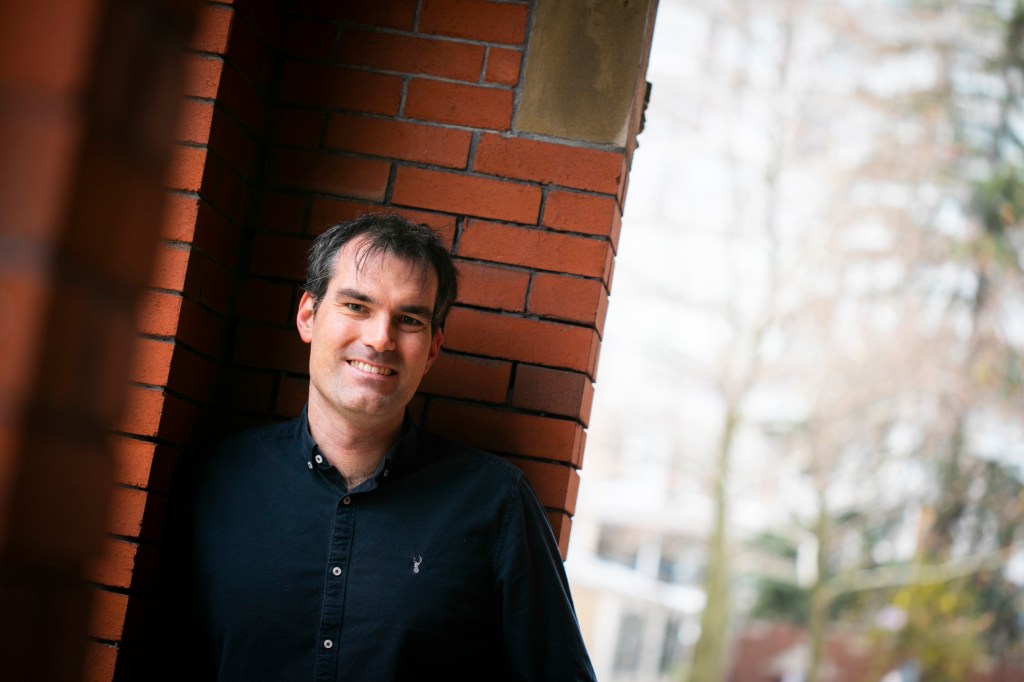
-
How a bubble gives birth to young stars
Scientists have shown how a chain of events led to the creation of the vast bubble that is responsible for the formation of all young stars within 500 light-years of the sun and Earth.
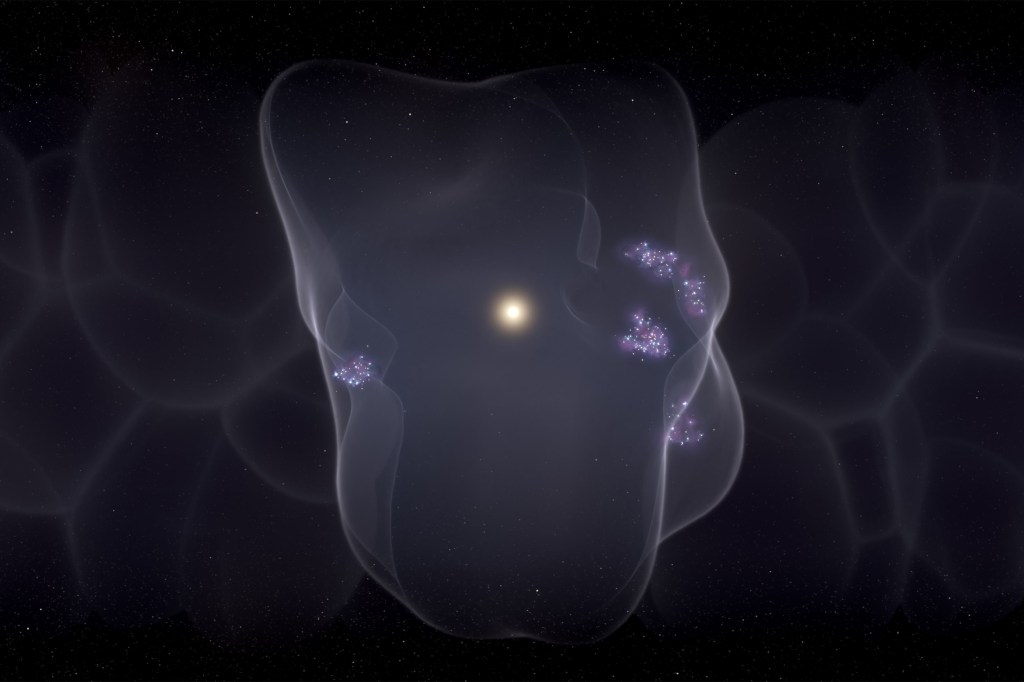
-
5 ways to learn new things in the new year
Adults can continue to learn new things if they follow a few simple rules.

-
Seeing squid more clearly
Harvard researchers shed new light on squid eye development and convergent evolution.
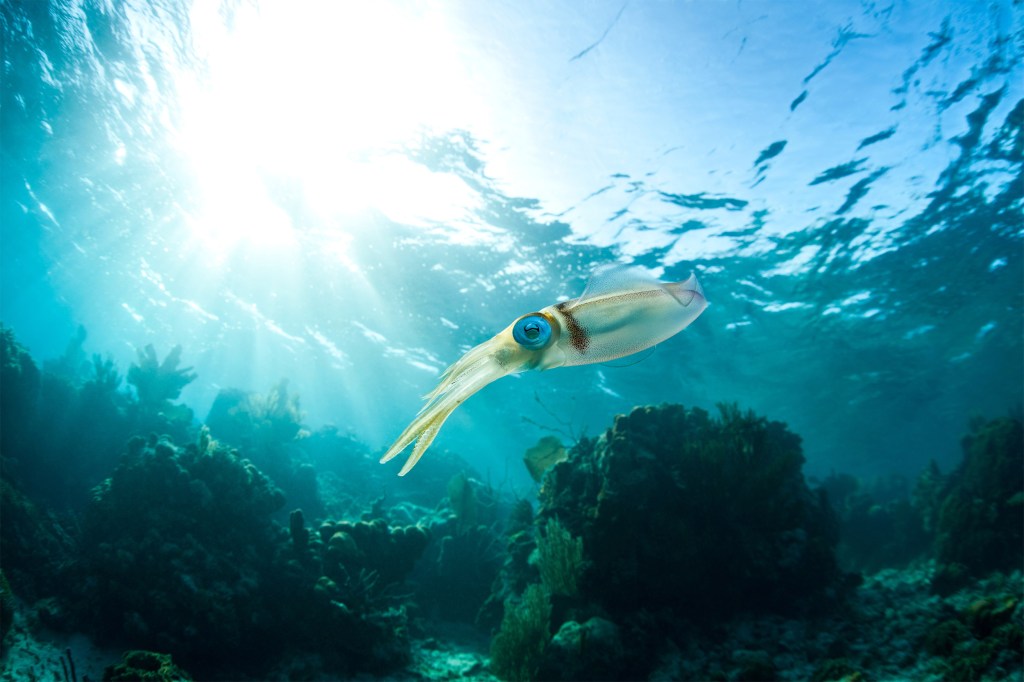
-
Turns out smarter kids are made, not born
A study co-authored by experts at the Graduate School of Education found that mothers with positive mindsets can mitigate the negative effects of maternal stress on mother-child interactions and help promote children’s healthy development.
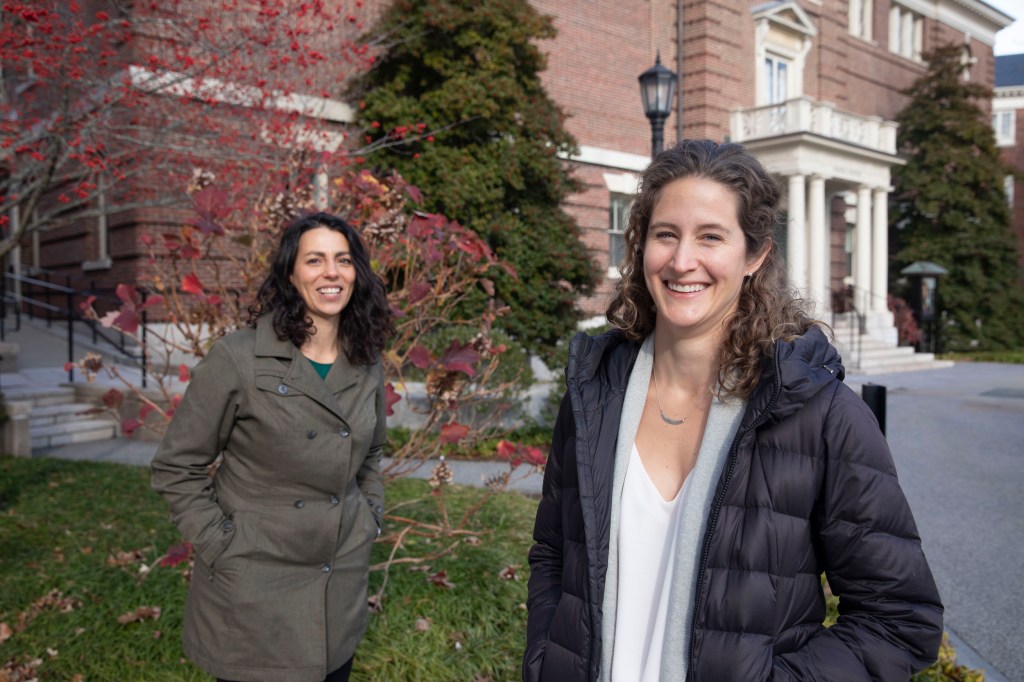
-
Gut-brain connection in autism
Researchers have identified a possible mechanism linking autism and intestinal inflammation in mouse models.
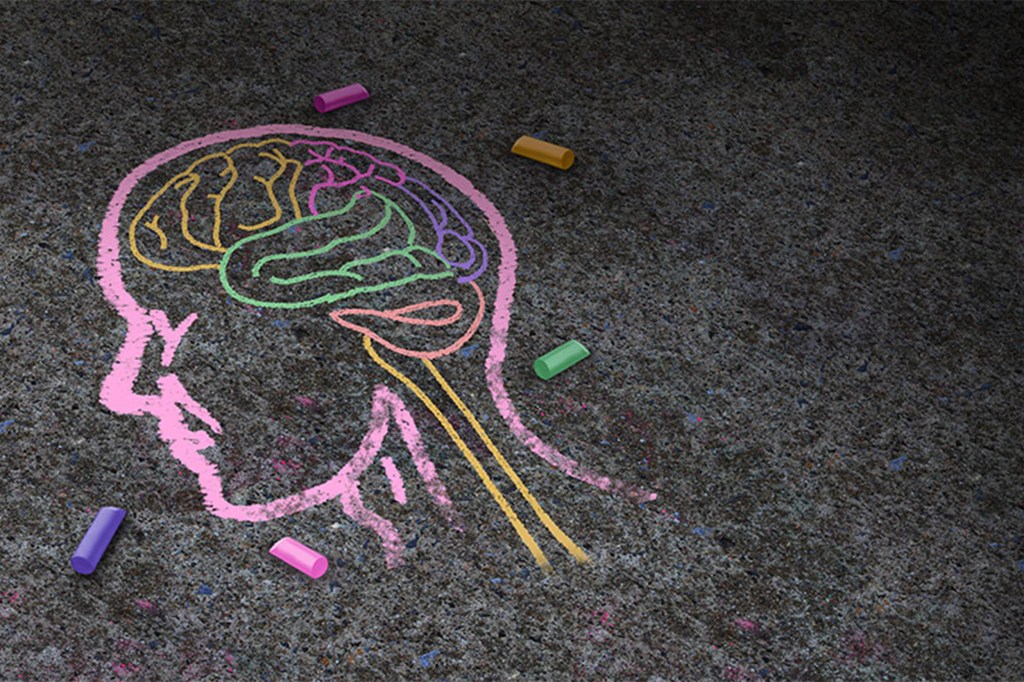
-
Geneticists’ new research on ancient Britain contains insights on language, ancestry, kinship, milk
Two new studies highlight technological advances in large-scale genomics and open windows into the lives of ancient people.
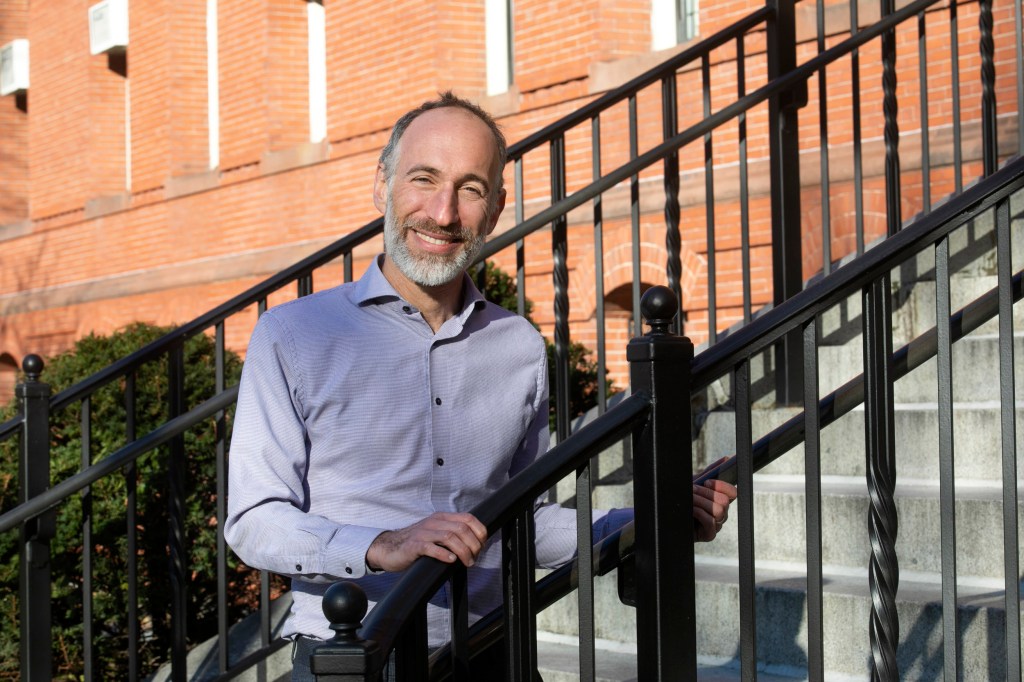
-
Twin gene-editing system gives twice the efficiency
A new gene-editing technique that enables larger edits than earlier ones could create new ways to study and treat genetic diseases, such as hemophilia or Hunter syndrome.
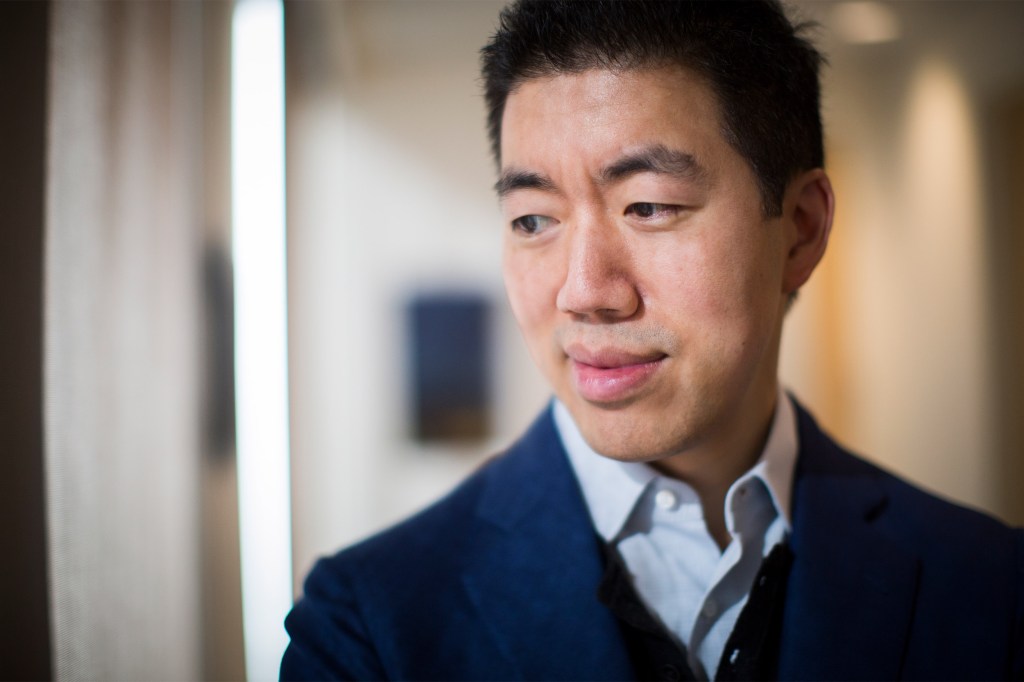
-
Telescope to help tell the story of the universe
Harvard astrophysicist details the most ambitious space probe NASA ever built.

-
Why that song is stuck in your head
Brain scientist explains earworms
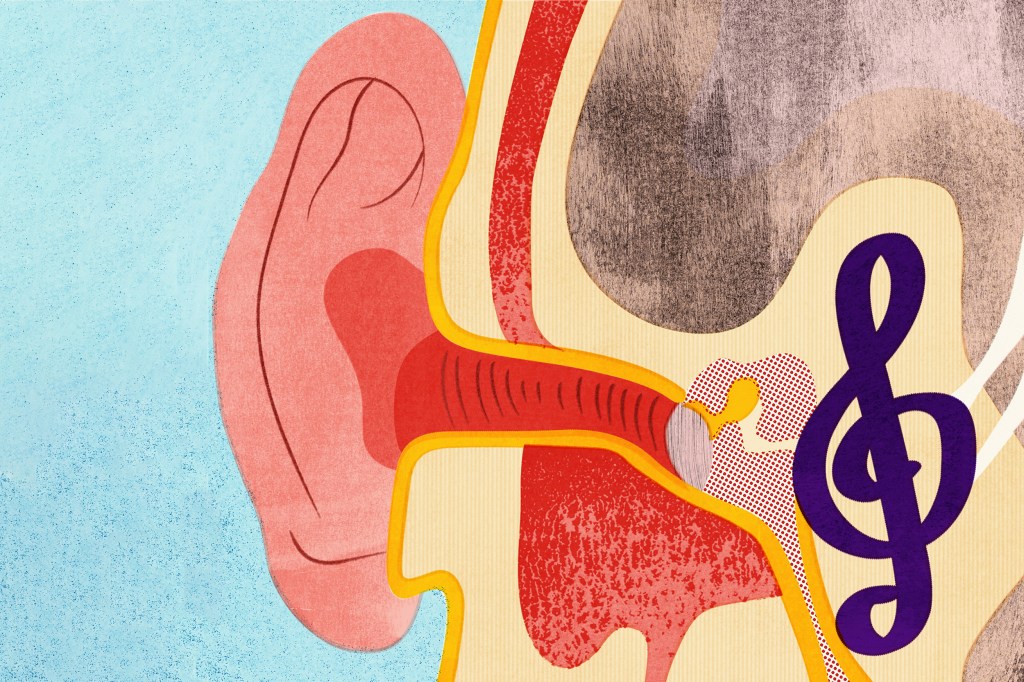
-
Touching the sun
An instrument made by scientists and engineers at the Center for Astrophysics has helped verify that — for the first time in history — a spacecraft has entered the corona of the sun.
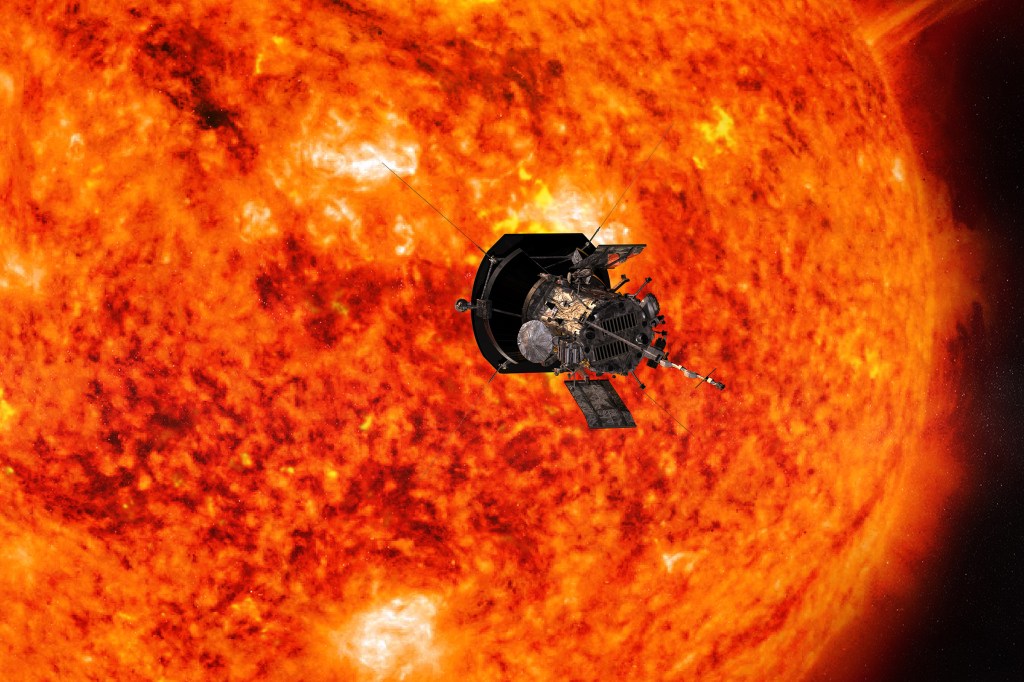
-
University seen as well-equipped to meet goals of ambitious institute
Scholars across University say Harvard is well-suited to the challenge owing to breadth, size of intellectual resources, experience.
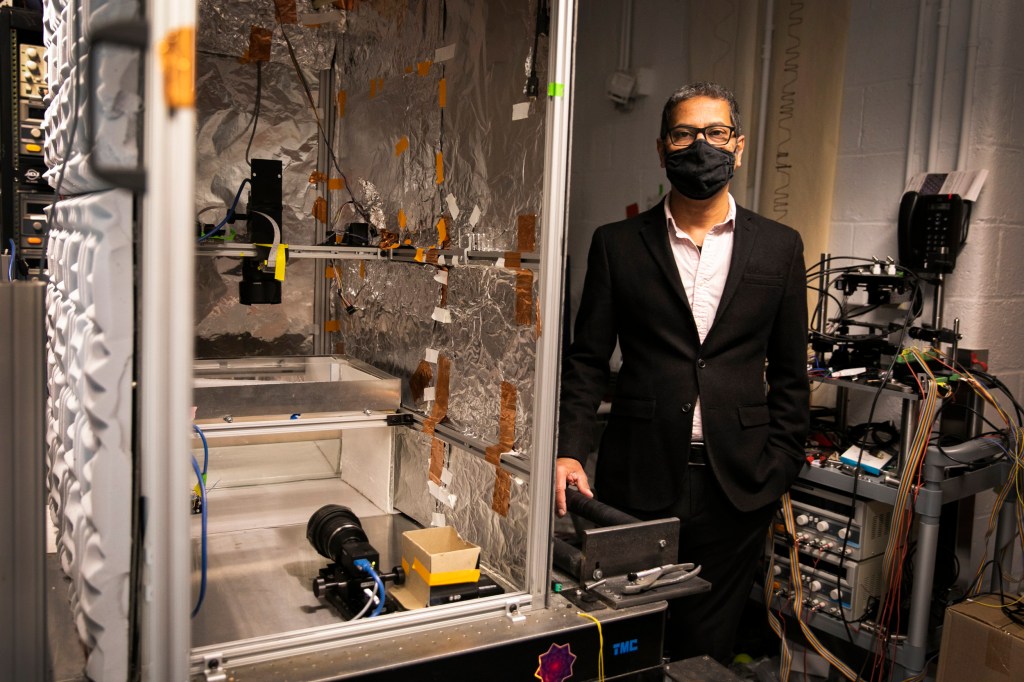
-
New University-wide institute to integrate natural, artificial intelligence
University-wide initiative made possible by gift from Priscilla Chan and Mark Zuckerberg.
